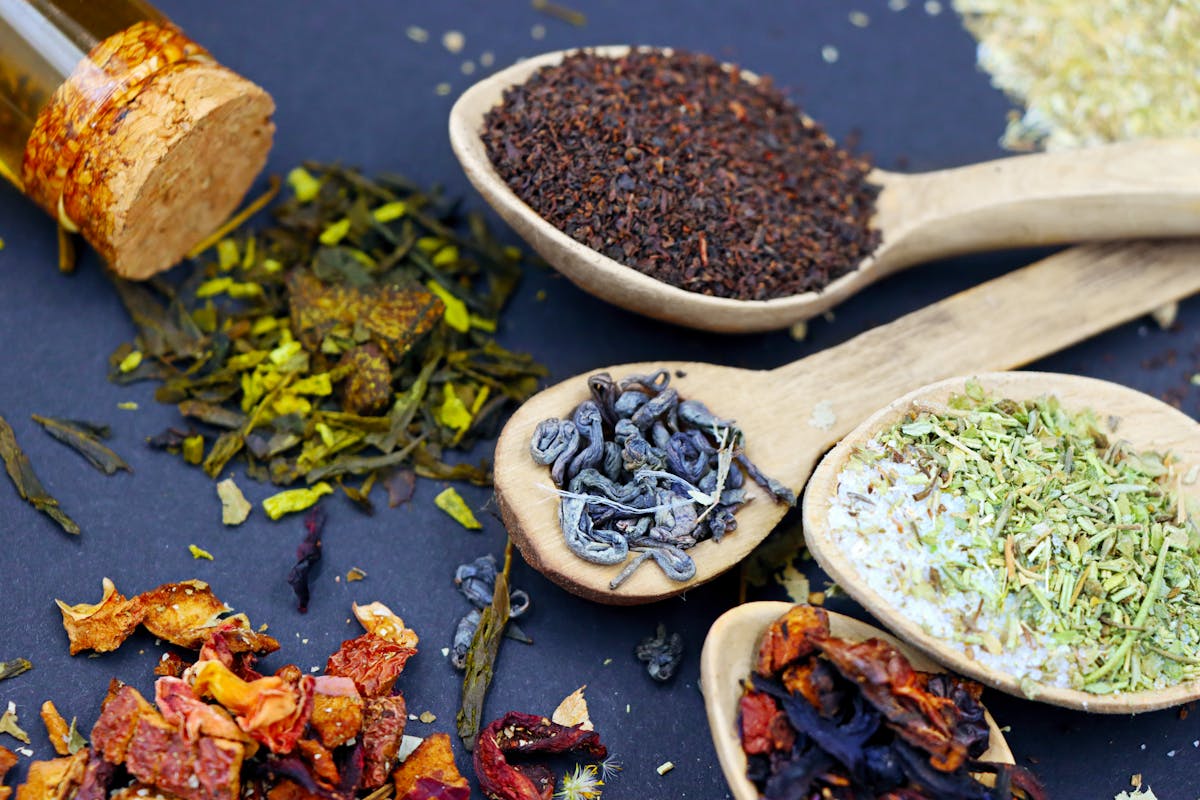Self-care is more than an indulgence or a luxury; it is a foundational practice that sustains mental well-being in an increasingly complex world. As stressors continue to intensify in contemporary life—ranging from the demands of the digital age to economic uncertainty and evolving social dynamics—the necessity of self-care has become a subject of growing academic and clinical attention. Understanding the importance of self-care for mental health requires a multidimensional examination encompassing psychological, physiological, and societal perspectives.
The Mental Health Effects of {{Self-Care}}
At its essence, self-care involves deliberate activities and habits that people adopt to foster their emotional and mental well-being. The American Psychological Association identifies self-care as a vital element in averting burnout, depression, and anxiety. By consistently participating in self-care routines, including journaling, therapy, meditation, or even artistic endeavors, individuals build mental fortitude against detrimental thought processes and emotional depletion.
A notable study published in the Journal of Health Psychology demonstrated that individuals who implemented structured self-care routines experienced significant reductions in perceived stress and improvement in mood regulation. For example, university students who participated in guided mindfulness practices reported higher levels of self-compassion and lower instances of academic burnout. These findings highlight how consistent self-care fosters healthier coping mechanisms and emotional stability.
The Physical Repercussions of Ignoring Personal Well-being
Mental well-being is intrinsically connected to physical health. A consistent disregard for self-care practices is associated with various bodily symptoms, such as sleeplessness, tiredness, migraines, and a compromised immune system. The ongoing stimulation of the body’s stress reaction, referred to as the hypothalamic-pituitary-adrenal (HPA) axis, resulting from insufficient restorative self-care, leads to sustained high levels of cortisol. Continuously elevated cortisol is connected to anxiety conditions, issues with memory, and reduced mental capabilities.
In contrast, incorporating self-care practices like proper sleep, a balanced diet, and consistent physical exercise significantly impacts neurobiological processes. Studies from Harvard Medical School reveal that people who engage in mindful movement (such as yoga or tai chi) not only show reduced stress hormone levels but also display enhanced neurosynaptic plasticity, which is crucial for mental adaptability and emotional control.
Societal Influences and the Stigma Associated with Self-Care
Cultural perspectives continue to significantly influence how self-care is perceived. In numerous settings, particularly in demanding professions or communal societies, self-care might be misinterpreted as egoism or frailty. This negative perception prevents individuals from utilizing crucial mental health support and accepting rest as normal. For example, research from the healthcare industry during the COVID-19 pandemic showed that insufficient self-care among essential workers resulted in extensive instances of compassion fatigue and mental exhaustion.
Nevertheless, companies that actively encourage {{self-care}}—through implementing flexible working hours, offering mental health days, or incorporating wellness initiatives—observe not only better employee mental well-being but also increased output and staff retention. This highlights the crucial part that social frameworks and shared perspectives have in either intensifying or reducing mental anguish.
Personalized Approaches: One Size Does Not Fit All
Self-care is not a monolith. What works for one individual may not be effective for another, and effective self-care routines must be tailored to unique needs, lifestyles, and predispositions. For example, while extroverted individuals might find social interaction rejuvenating, introverted persons could derive greater benefit from solitary reflection. Moreover, socioeconomic status and access to resources greatly influence the feasibility of self-care practices.
New digital platforms are starting to close certain accessibility gaps. Mobile health apps currently provide guided meditation, mood monitoring, and online therapy, allowing more people to practice daily self-care. Initial findings from the National Institutes of Health show that individuals who utilized app-based self-care programs experienced a 31 percent decrease in self-reported anxiety symptoms over a ten-week period.
The Role of Self-Care in Prevention and Recovery
Self-care functions as both a preventive and recuperative tool in mental health. By establishing routines that support psychological balance, individuals not only reduce their vulnerability to mental health crises but also accelerate recovery from episodes of anxiety, depression, or trauma. Cognitive-behavioral therapy and dialectical behavior therapy both emphasize the cultivation of self-care skills as part of relapse prevention and long-term well-being.
Well-known stories about athletes, entertainers, and public figures highlight how crucial consistent self-care is for preserving their mental well-being in demanding situations. For example, documentaries focusing on Olympic athletes frequently show that organized rest periods and mindfulness practices are just as vital as their physical exercise plans. Such accounts strongly emphasize that lasting achievement, overall health, and the ability to recover are closely connected to continuous self-care.
The landscape of mental health care is rapidly evolving, echoing the recognition that self-care is neither optional nor superficial. Whether practiced in small, intentional increments or through more comprehensive strategies, self-care empowers individuals to better navigate internal challenges and external demands. As both research and lived experience reveal, investing in self-care creates a steady buffer against the volatility of modern life, equipping individuals with resilience, adaptability, and a deepened sense of self-awareness. This ongoing commitment forms the bedrock of mental vitality, supporting growth and balance in the face of uncertainty.





